Safe Work Australia has developed new work health and safety (WHS) guidance on Japanese encephal
COVID-19 is a highly contagious disease caused by the coronavirus SARS-CoV-2. It spreads through respiratory droplets or small airborne particles when an infected person coughs, sneezes, or talks, and is in close contact with others.
Further information and resources to help you manage the risk of COVID-19 at work.
This page provides information on control measures used to manage the risk of COVID-19 at work.
This page provides guidance to assist PCBUs manage the risk of exposure to COVID-19 at work.
A PCBU has a duty to eliminate or minimise WHS risks to workers and others at the workplace, including risks from COVID-19, so far as is reasonably practicable.
You have a duty to eliminate or minimise risks to workers and others at the workplace, including from avian influenza, so far as is reasonably practicable.
This page provides persons conducting a business or undertaking with information on avian influenza (bird flu) and their duties under the model WHS laws.
This report provides evidence-based information about diseases and occupational exposures for consideration by jurisdictions when reviewing the deemed diseases lists in their workers’ compensation legislation.
Under WHS laws, PCBUs must eliminate or minimise psychosocial risks so far as is reasonably practicable.
These are resources to help you understand and manage the risk of contact dermatitis in the workplace.
Contact dermatitis is when your skin becomes inflamed because of something that has touched it. It can be caused by many things, including chemicals, rubber, glue, dyes, oils, soaps and detergents.
This page provides persons conducting a business or undertaking with information on Japanese encephalitis and their duties under the model WHS laws.
This report provides evidence-based information on a list of diseases and occupational ex
Research shows that healthy workers are:
Most jobs involve some psychosocial hazards. These are the hazards that can harm workers’ mental health.
Fatigue is a state of physical, mental or emotional impairment. Fatigue can develop over the short or long term, can prevent people from functioning safely and can have health effects on workers.
This fact sheet outlines key information on minimising the risk of exposure to COVID-19 for delivery drivers.
This fact sheet outlines key information for small business relating to work health and safety and COVID-19.
This report provides statistics on workers’ compensation claims that involved musculoskeletal disorders.
This guide provides practical guidance for workers on how to manage fatigue to ensure it does not contribute to health and safety risks in the workplace.
This Guide provides practical guidance for persons conducting a business or undertaking and other duty holders on how to manage fatigue to ensure it does not contribute to health and safety risks in the workplace.
If you’re a person conducting a business or undertaking (PCBU), this model Code of Practice provides practical guidance on how to effectively consult with workers about work health and safety and meet your duties under the work health and safety (WHS) Act.
Biomechanical demands such as repetitive hand or arm movements, lifting heavy loads or working in awkward postures contribute to the development or worsening of inflammatory or degenerative musculoskeletal disorders.
The Australian Workplace Barometer project aims to provide science driven evidence of Australian work conditions and their relationships to workplace health and productivity, through a national monitoring and surveillance system.
